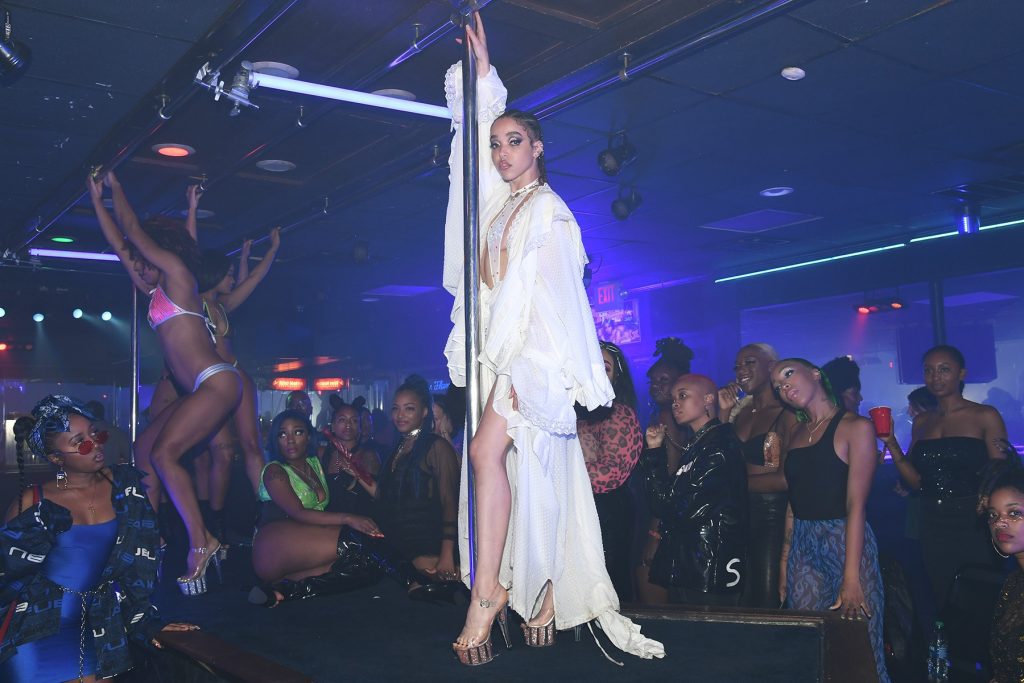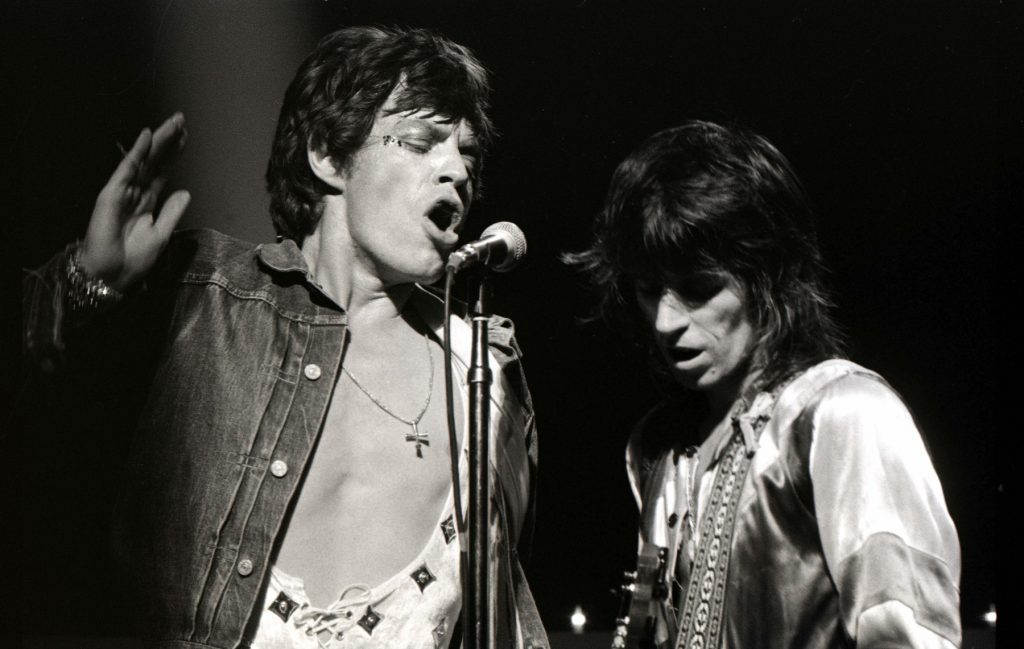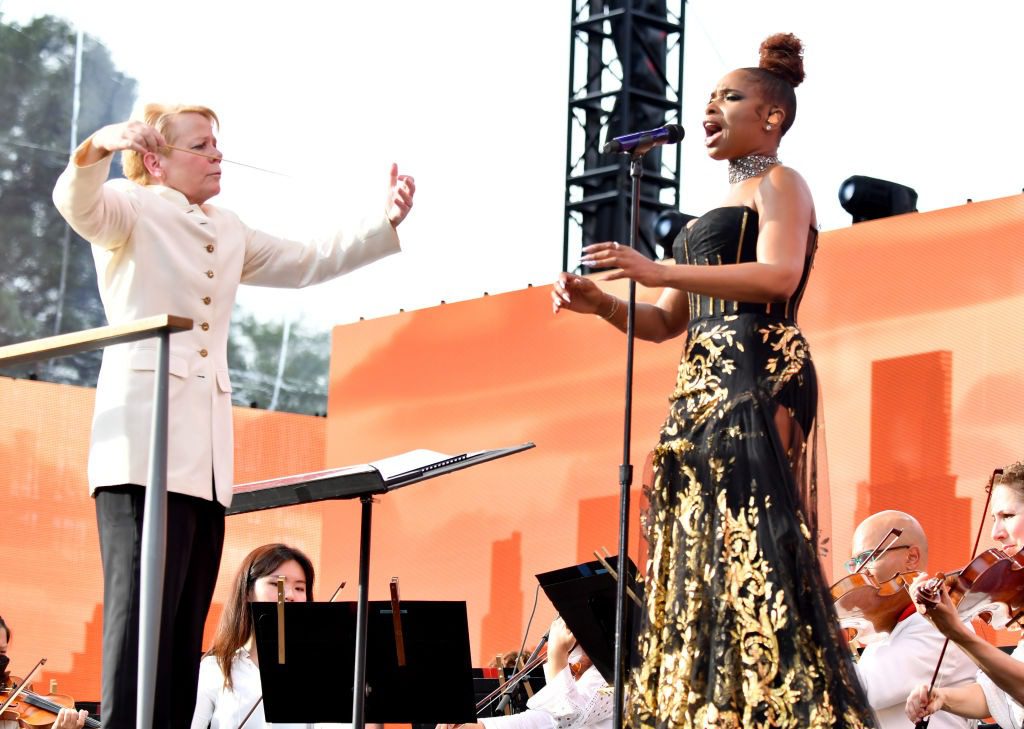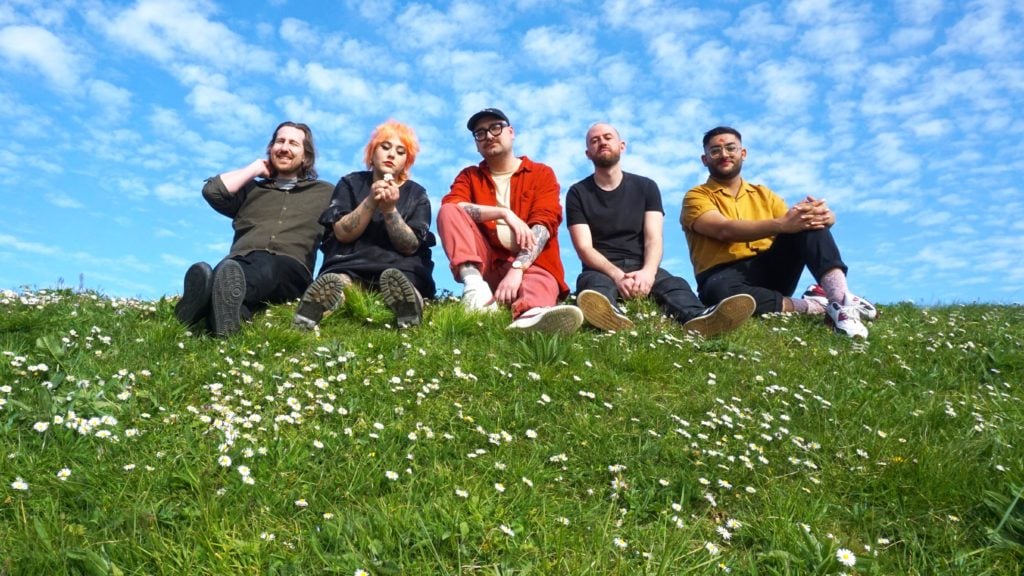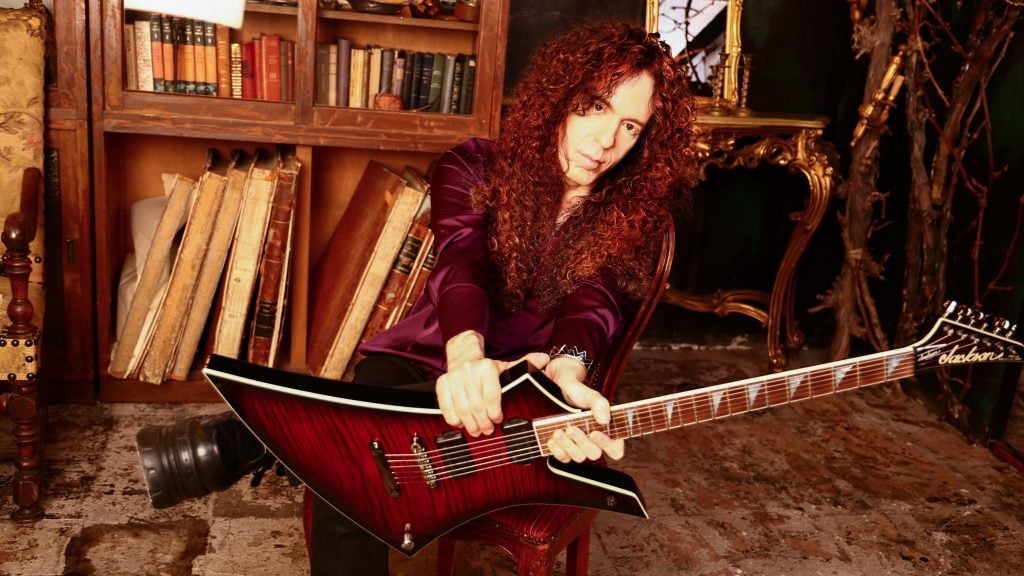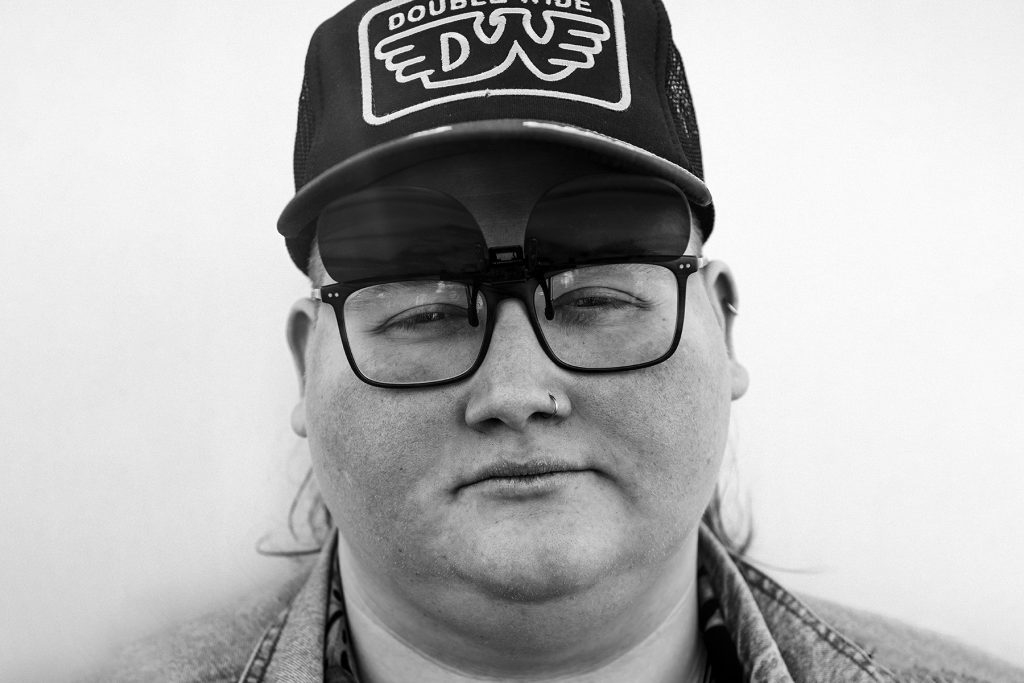
Joshua Ray Walker Turns Deep Thought Exercises Into Beer Joint Music
When Joshua Ray Walker was a kid in Dallas, Texas, his mom took a job doing marketing at motorsports events. Every weekend, he’d tag along with her to monster truck competitions, motorcycle rallies, car and boat shows — anything that had a loud engine really. “Basically any redneck sport you can think of,” he says.
Walker liked being around the cars and trucks, but he was most fascinated by the rough-around-the-edges women who were recruited — often by his mother — to promote a certain product. Which is to say they were paid to wear a bikini, smile, and pose for photos. Walker was friendly with the models; one even ended up being his babysitter.
“I just kind of grew up around it,” Walker says. “These girls were just doing their job and they’d smile and nod and act excited to be there. I felt like I was kind of in on the joke, because I was behind the scenes. They’d smile for the picture and then turn around and you’d catch an eye roll. I saw the weird duality of the situation and always thought it was weird how acceptable it was to use sex to sell products, in situations where it doesn’t really make sense.”
Walker immortalizes the aloof model experience in his devastating song “Boat Show Girl” — “You sparkle like a diamond, brighter than the boats you stand around/your gaze is somewhere yonder while men eye you up and down” — exposing the emotional, and sometimes physical, scars that hide underneath the mascara and spray tans. “In my experience, girls who are willing to do that sort of work usually have a little rougher upbringing than other people,” he says, “and that’s where the darker side of that song comes in.”
Since releasing his debut album Wish You Were Here early last year, the 29-year-old Walker has become one of country’s most fascinating young songwriters, a baby-faced 6XL guitar hero who writes deep-dive character studies about lost souls, truck-stop prostitutes, and D.B. Cooper. His second album, Glad You Made It, is out Friday, and opens with a first-person contemplation of suicide made to look like an accident. Titled “Voices,” the song includes chilling lines about putting a truck in neutral and letting it roll into a lake, but leaving behind an empty bottle on the floorboard to make people wonder.
“I have definitely dealt with pretty severe depression and anxiety at times, and suicidal ideation. Shit that lots of people go through. Sometimes you feel like you’re just screaming at the sky. You’re pleading with someone and you don’t even know if they’re there,” Walker says. “I’ve never literally sat at the edge of a lake in my truck, but yeah, metaphorically, you know, it is about me.”
Walker recorded Glad You Made It in Texas and Tennessee, laying down the rhythm tracks and his vocals at two Dallas facilities before relocating to an East Nashville Airbnb that he and producer John Pedigo converted into a makeshift studio. Nashville players like pedal steel guitarist Adam Kurtz and vocalist Mallory Eagle floated in and out, drinking, bullshitting, and contributing parts. The result is an album that, while fleshed out with heavy topics, maintains a loose musical vibe. There’s the honky-tonk sounds of “Bronco Billy’s,” the New Orleans party horns of “User,” and the noise-rock of “D.B. Cooper,” which draws a line to Walker’s other band with longtime collaborator Nathan Mongol Wells, the garage-rock outfit Ottoman Turks.
“I’ve always loved Kyuss and really fuzzed-out guitar. I thought that song would help bridge the gap for people who don’t understand why I’m in both bands, or how I’m in both bands. It’s kind of a middle point between my two projects,” Walker says.
While the musicianship and succinct songwriting are the backbone of Glad You Made It, it’s Walker’s voice that ties it all together. His is a classically country voice, full of quavers and cracks. He yodels to open the track “Loving Country,” and stretches out the word “peace” into one 12-second note in “Voices.” In the marvelous “True Love,” he pops and hiccups his instrument like Dwight Yoakam. Walker cites Yoakam and Slim Whitman as key influences in his singing.
“When I was really young I would listen to Slim Whitman and he did a lot of those big voice cracks where you use your head voice. And Dwight was kind of like the modern version of that. He really played with his voice a lot,” Walker says. “I thought that was cool, so I’m sure I mimic it here and there.”
As Walker was putting the finishing touches on Glad You Made It, the quarantine era began. Concerts were canceled and Walker found himself with time on his hands. He’d been doing livestream gigs and writing, but he started thinking about a question he’s often asked on the road: Where do you find cool clothes for a guy your size? Teaming up with a Dallas print shop, he launched High, Wide & Handsome, a line of T-shirts that run up to 6XL.
“I have kind of a flamboyant personality and style and it bothered me that it’s really hard to find anything cool in my size,” he says. “I get bigger guys asking me all the time, ‘How do you even find a denim jacket that size? Where do you get snakeskin boots?’ There are guys who want to have more individual style, but they just can’t because they don’t have the time or resources to find the stuff. That was kind of the initial idea.”
He has plans to expand the line into other attire, but Walker is no Hilfiger. Some nights, he doesn’t even think of himself as a musician. He identifies more with the trade-show models that shaped his youth.
“I write these heartfelt songs, but at the end of the day, if we want to make a living, we’re really just selling beer. We get paid to drive for long periods of time and load in gear and stay up late and try to get people to buy alcohol. That’s our job,” Walker says. “I feel that connection to the boat show girls, where you’ve got to have something bright and shiny to keep people in and spending money.”
With Glad You Made It, Walker has found his shiny object.
